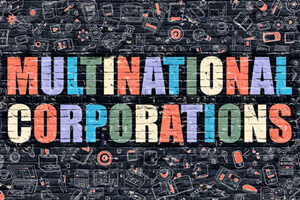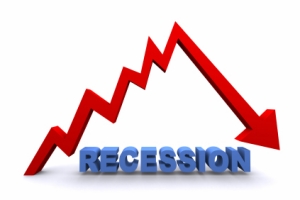Hello and welcome back to the Skills 360 podcast. I’m your host, Tim Simmons, and today, I want to talk about keeping your career on track.
Today’s workplace looks pretty different from the one your parents toiled away in. Walk into an average office and you’ll immediately be struck by the fact that it only seems half full. Remote work – in one form or another – has become the norm. And the people themselves may look different. The baby boomers are retiring, and younger generations are entering the workforce, often with different values and expectations.
So now might be a good time to think about how your expectations have changed. How has your approach to work and career evolved? Do you see yourself in a position to benefit from the current situation?
With the Great Resignation causing staffing shortages the world over, this is a great time to take stock of your career. You may be able to ask for more, whether that’s in salary, vacation time, benefits, or other intangibles. Competition for talent is stiff, and companies around the world are working hard to retain what they have.
Some companies actually do “stay interviews,” when they meet with employees and ask how to keep them satisfied. Even if your company doesn’t follow this practice, it can be a good idea to arrange to meet with your manager to discuss your short- and long-term goals. There may be opportunities for advancement within your company, but you need to put yourself out there and make it known that you’re looking to grow.
Of course, not everyone will be in a position to benefit from these opportunities. Not everyone has shown they can adapt to all the changes. You need to actually prove yourself, to clearly demonstrate to your employer your value in the post-pandemic workplace. So, sit down and write out your accomplishments over the past couple of years.
When you do this, think about all the ways you’ve adapted. Be prepared to show that you’ve embraced new technologies and new ways of working. Highlight your involvement in crisis management or bringing in new ways of working. Show that you’re change-ready and can embrace new ideas. Reflect on what new things you learned during the pandemic and use this as evidence that you are an asset.
Even better, look for opportunities to show how you not only kept pace with change but how you led change. Did you introduce new procedures for your team? Did you have a hand in crafting new policies? Did you have any bright ideas for how to collaborate remotely? Good examples of change leadership will help demonstrate why you deserve to be rewarded.
Now, so far, I’ve been painting a pretty optimistic picture. But you have to be realistic. Sure, there may be opportunities for advancement in your company. Or leadership may understand how to cultivate a thriving internal culture where you can grow. But things aren’t exactly rosy, economically speaking.
Many businesses are still struggling financially. And although you may be a valued employee, the company may simply be unable to give you that fat raise you think you deserve. So be sensitive to your employer’s position while advocating strongly for your own position. Asking for too much at the wrong time may backfire.
Still, you can set yourself up really well right now by showing that you’re a 21st-century worker. What does that actually mean? Well, that means you’ve got the key skills required to succeed in times of great change, volatility, and competition.
You need to show you excel at the four Cs: critical thinking, creativity, communication, and collaboration. And you absolutely must show that you can thrive in a hybrid work environment. Some companies have gone fully remote. But the vast majority of businesses are asking people to be in-person part of the time and work from home the rest of the time. You may have a preference for one or the other, but you’ll likely have to embrace both.
As you take stock of your accomplishments and reflect on your aspirations, it’s a good idea to update your resume. If the opportunities you want or need simply aren’t there with your current employer, you may consider joining the millions of other people who are looking to switch jobs or pursue completely different careers.
So now I hope you can see that this is a great time to reexamine your career track. You may have some great opportunities to advance your career. But you need to be able to demonstrate how you’ve adapted in these uncertain times. Show your employer that you’re built for the 21st-century workplace. Show that you’re built to lead. The rewards for your talents are out there, but it’s up to you to go out and get them.
That’s all for today. So long. And see you again soon.














